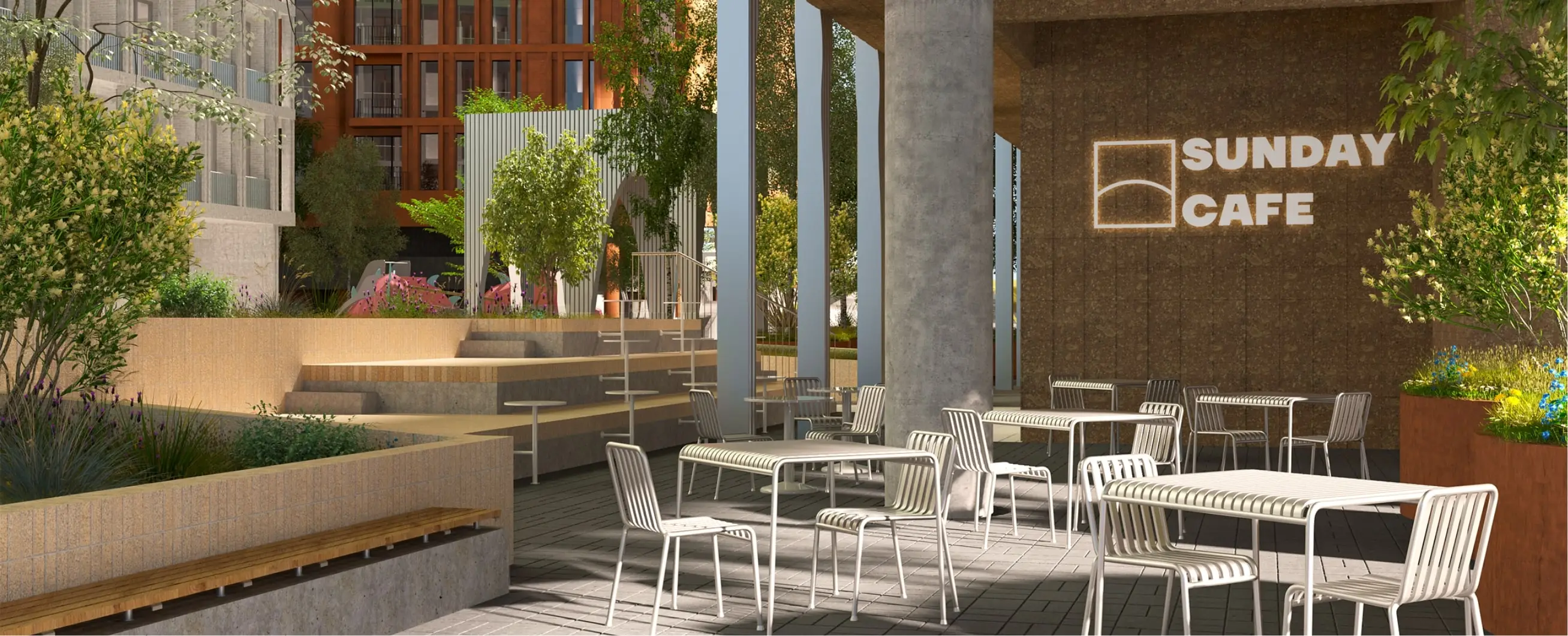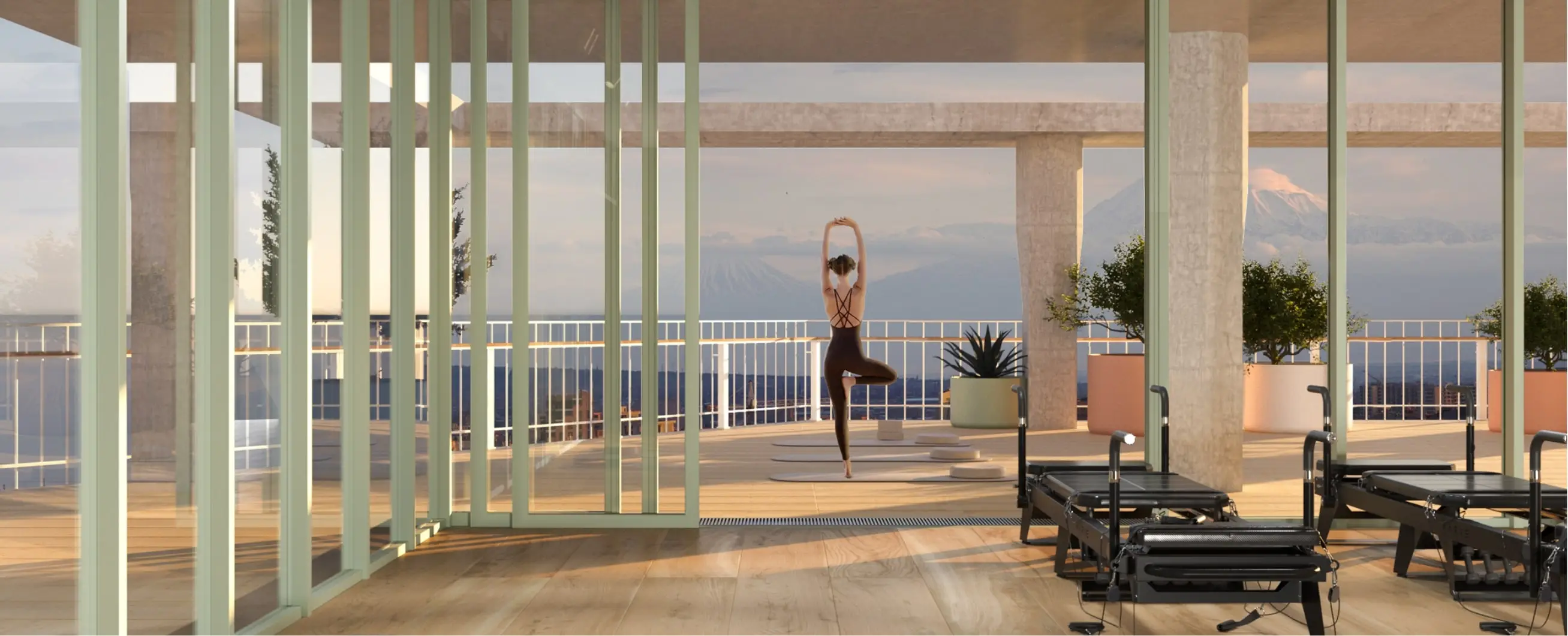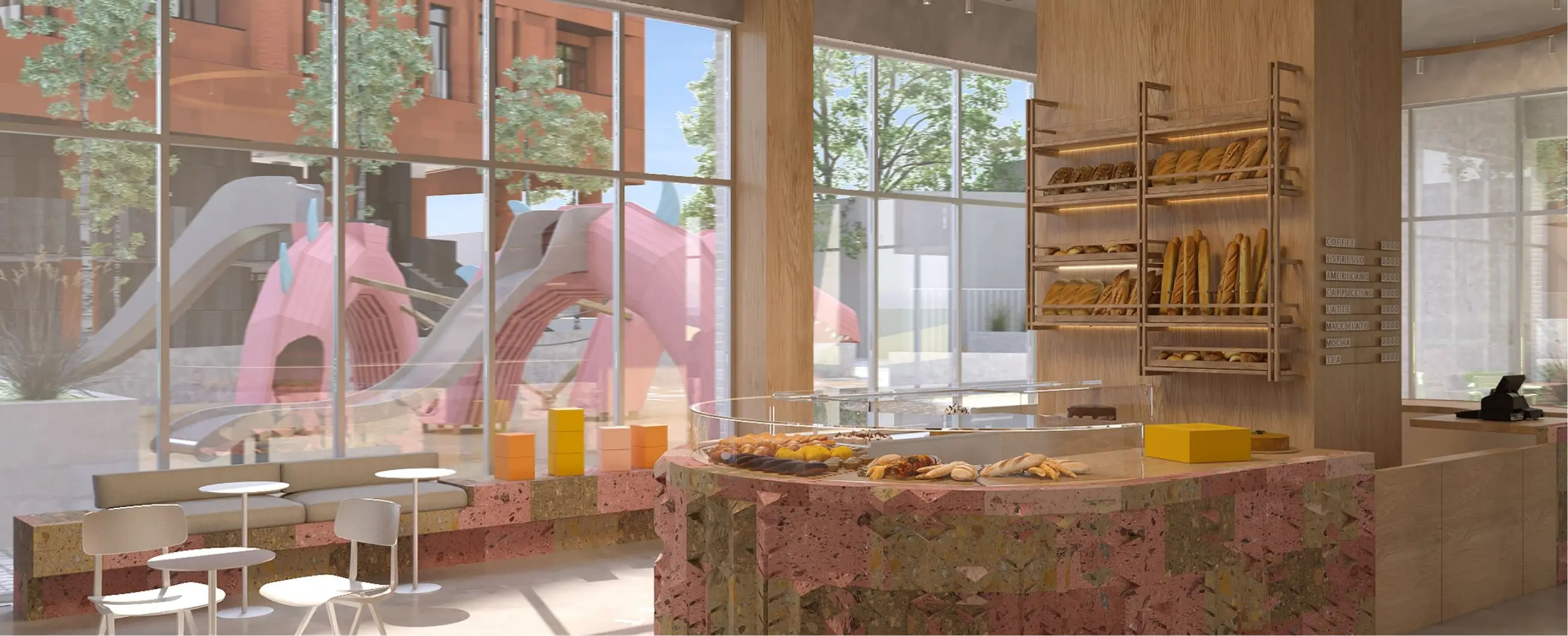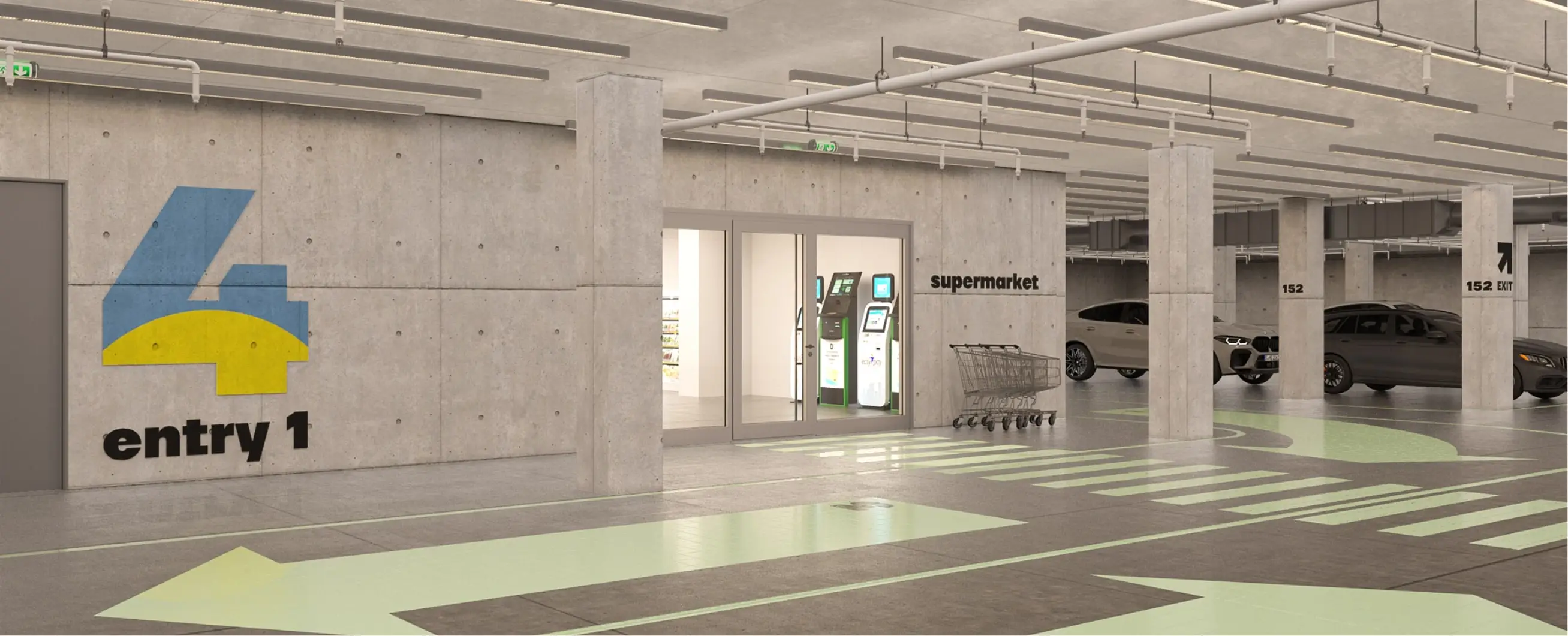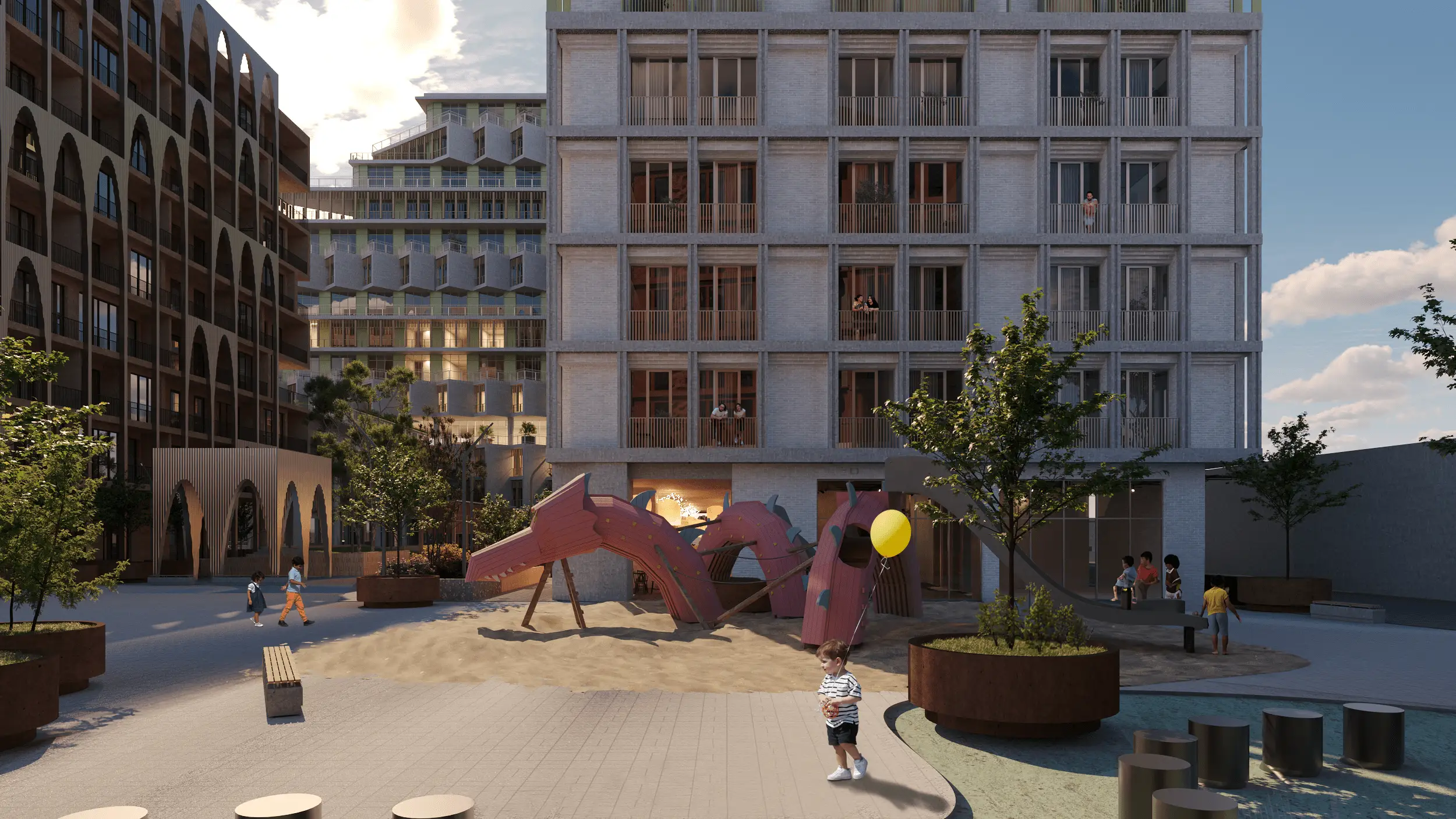
Choosing an apartment is a significant and often complex decision that requires not only financial but also deep psychological consideration. This process is tied to a person’s personal values, emotions, family status, and visions of the future.
Emotions vs. Rationality
When selecting a newly built apartment, people are often guided by emotions, even if they try to adopt a rational approach. For instance, a beautiful view from the window or a cozy interior can evoke positive emotions that overshadow practical issues like transportation accessibility or renovation costs. From a psychological perspective, this is referred to as “heuristic decision-making,” where a person relies on first impressions or feelings.
Conversely, an overly rational approach—focusing solely on numbers and technical details can lead to choosing an apartment that doesn’t meet emotional needs. For example, an apartment may be perfect financially but located in a neighborhood where the person doesn’t feel comfortable or safe, potentially leading to regret over the decision.
The First Impression When Choosing an Apartment
Choosing an apartment is not just about finding a space; it’s a journey of emotions, dreams, and visions of the future. The first impression upon visiting an apartment can be decisive. A well-decorated apartment shown to potential buyers can evoke feelings of trust and warmth. The design of the apartment plays a key role in shaping this first impression. Modern design, carefully chosen colors, natural light, and a functional layout can immediately capture attention. For example, a spacious living room with large windows offering a view of the city or a green courtyard can transport you to a place where you envision hosting family gatherings. A kitchen that combines modern technology and aesthetic beauty can inspire you to try new recipes or entertain friends.
Visions of the Future
Choosing an apartment is always linked to thoughts about the future. When selecting an apartment, people imagine what their life will be like in 5, 10, or 20 years. This can cause psychological stress, as people often fear making the wrong decision. This phenomenon is called “decision paralysis,” where a person is unable to choose due to concerns that the selected apartment won’t meet future needs.
For example, a young couple may hesitate between a smaller apartment that suits their current needs or a slightly larger one that would accommodate future family life. Finding a balance between present needs and future plans is crucial here.
The Sense of Security and Comfort
From a psychological perspective, an apartment is not just a physical space but a place where a person should feel protected and comfortable. Thus, the sense of security and comfort plays a significant role in the decision-making process. Comfort is a multifaceted concept. It includes not only physical conveniences (e.g., heating systems, a spacious kitchen, or comfortable furniture) but also emotional and aesthetic satisfaction. A comfortable apartment is one where a person can relax, unwind, and feel that the space aligns with their lifestyle.
In the Armenian context, for example, comfort may be tied to family traditions. Many Armenian families value a spacious living room or kitchen where they can gather with family or friends. Additionally, modern apartments often prioritize energy efficiency, such as thermal insulation or contemporary air conditioning systems, which ensure comfort year-round.
Interestingly, people often subconsciously choose apartments that remind them of their childhood home or places where they felt good. This is connected to our internal perceptions of “home,” which are shaped throughout life.
The key to a successful choice is finding a balance between current needs and long-term plans. In Armenia, family values and modern conveniences are also considered, ensuring the warmth and functionality of a home. When making a decision, it’s important to listen to your emotions but not overlook practical aspects, creating a space that becomes your safe and comfortable haven.
Did this article helps you?
Related articles
